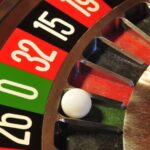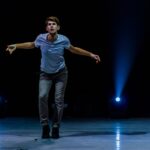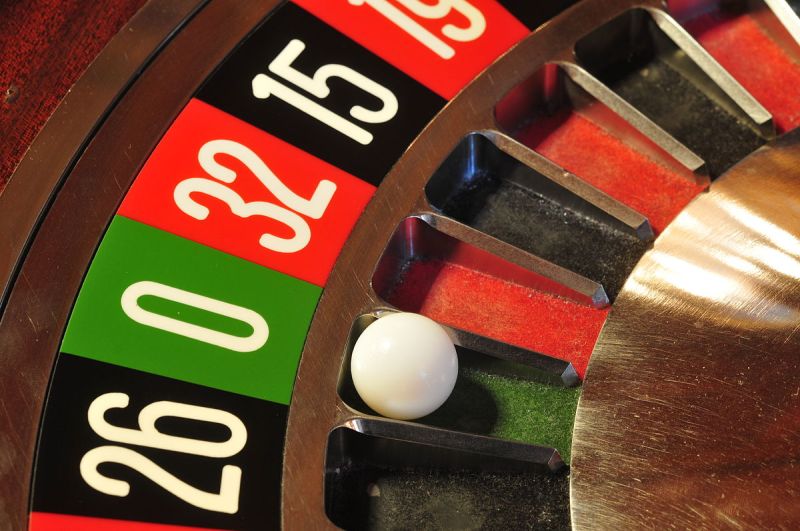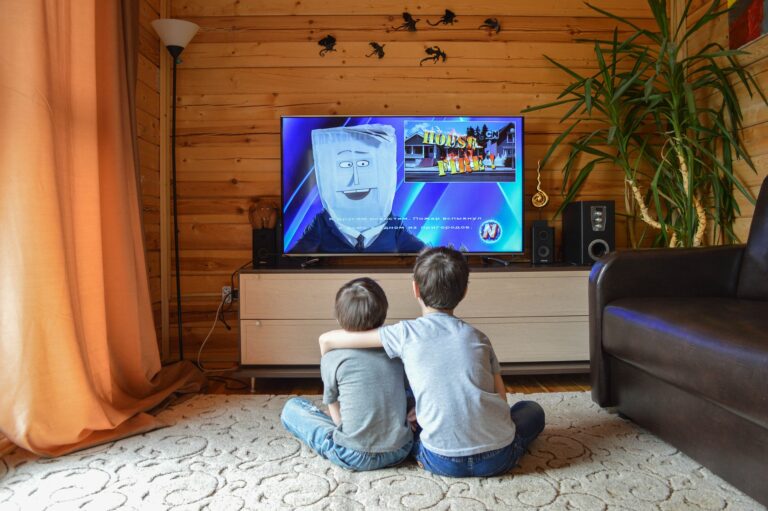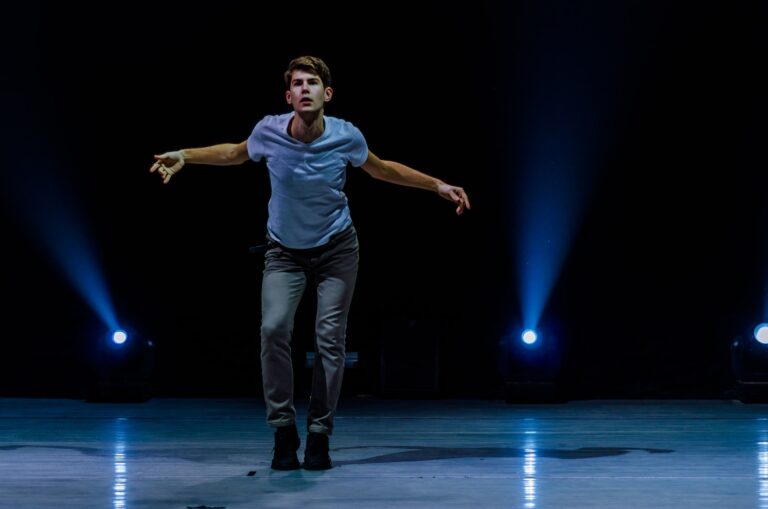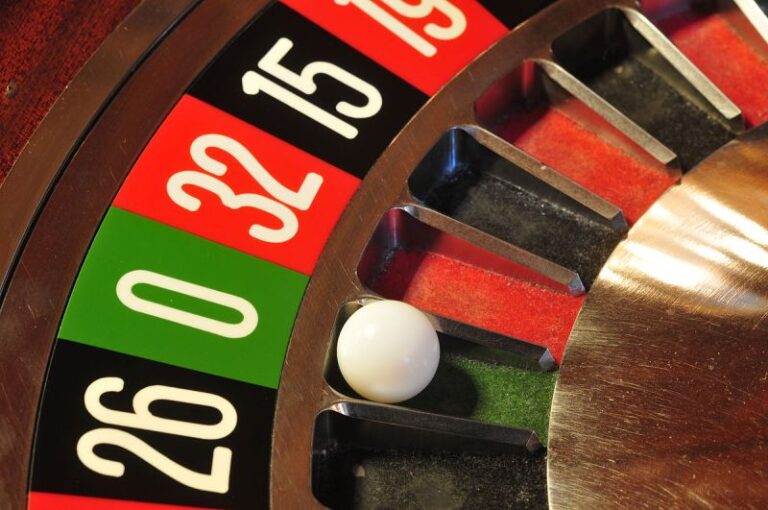The “Queen of Casino Games,” Roulette, is frequently praised for charm extending beyond the gaming table. It has been a popular choice for filmmakers looking to magnify emotions and deepen storytelling on the big screen because of its tense nature and the anticipation it inspires. Roulette is used in movies to elicit an emotional response from viewers. Its aesthetic appeal, symbolic meaning, and dramatic possibilities make it more than a gambling gadget.
Roulette’s Allure in Film
Roulette’s exquisite simplicity and increased anticipation are what makes it so alluring. Both players and spectators are enthralled by the game’s inherent cinematic element, embodied in the spinning wheel and the ball’s seemingly unpredictable route. Tension grows as the ball moves across the numbered pockets, setting the stage for drama and unpredictability. Roulette is enticing onscreen because it is enticing in real life. Therefore it works well as a plot device to make characters and their interactions more complex.
As a Sign of Uncertainty, Roulette
Roulette is used as a symbol of uncertainty in films that frequently attempt to reflect the intricacies of life through their storytelling. The game’s reliance on chance, where results are decided by chance, reflects how unpredictable real-life choices may be. The roulette table serves as a setting for characters to confront their own uncertainties and inner struggles as directors use this symbolism to explore themes of risk, fate, and human decisions.
Drama and Stress in Casino Royale
Roulette is used masterfully in the James Bond movie “Casino Royale” to create tension and drama. In a crucial moment, James Bond plays a high-stakes game of Roulette with severe ramifications for his every move. The fast transitions between Bond’s expressions, the ball, and the spinning wheel while the camera focuses sharply on it represent Bond’s intense concentration. The outcome of the game at the roulette table determines how the story will unfold, serving as a microcosm of the high-stakes espionage world that Bond lives in.
The Casablanca Film’s Traditional Glamour
The enduring classic “Casablanca,” known for its seductive romance, incorporates Roulette into its rich tapestry. The setting for crucial scenes, where people’s paths converge among the game’s beautiful grandeur, is the roulette table at Rick’s Café. The clatter of chips creates a sensory-rich atmosphere, as the rhythmic spinning of the wheel and the exchange of glances highlight the movie’s emotional undercurrents. Including Roulette in “Casablanca” elevates the plot’s emotional entanglements and political intrigue.
Interesting Conflict in Croupier
By employing Roulette as the protagonist’s life’s compass rather than just a plot device, the movie “Croupier” adopts a novel strategy. The protagonist’s dealings with the roulette wheel serve as metaphors for his life bets as a struggling writer who later became a casino dealer. The movie uses Roulette to explore themes of identity, choice, and fate by comparing the spinning wheel and the illogical progression of his relationships and objectives.
The Cinematic Adaptability of Roulette
Roulette’s capacity to adapt to several genres in film is one of its assets. Roulette’s inherent tension can be used to improve various cinematic experiences, whether incorporated into a romance drama, a high-stakes thriller, or a psychiatric investigation. The game is valuable in a director’s toolbox because of its capacity to incite tension and expectation. It can enhance feelings and create a particular mood.
Behavioural Analysis of Roulette Scenes
Roulette scenes are highly resonant with the human experience of making difficult decisions because they touch on the psychology of risk and reward. The emotional ups and downs that characters experience at the roulette wheel reflect how difficult it is for people to make decisions. Viewers create a solid emotional bond with them by sharing the uncertainty and potentially life-changing events through the individuals on film.
The Effect of Roulette on Storylines
Roulette scenes are incorporated into movies to enhance the plots and characters. Characters’ wagers at the roulette wheel frequently reveal their inner conflicts, aspirations, and driving forces. Filmmakers investigate themes of temptation, redemption, and the many dimensions of the human condition by looking at their decisions in the setting of a game of chance.
Making Realistic Roulette Ambiences
The creation of unforgettable roulette sequences depends on authenticity. Filmmakers carefully replicate the game’s sensory components, including the hushed suspense at the table and the sound of chips rattling against one another. These particulars help viewers fully immerse in the film experience by giving them the impression that they are at the casino with the protagonists.
Sound and Cinematography’s Function
The impact of roulette moments is greatly enhanced by sound and cinematography. Together, the mesmerizing bounce of the ball, the close-up views capturing character faces, and the repetitive whir of the wheel heighten the scene’s emotional resonance. These components strengthen viewers’ connection to the situation and help them become more immersed in the drama as it plays out.
Character Depth Exploration through Roulette
Roulette sequences offer a unique lens through which to examine the complexity of characters. Characters’ actual nature, desires, and vulnerabilities are revealed through their decisions as they deal with the game’s uncertainty. These high-stakes situations demonstrate their willingness to take chances and give audiences a glimpse into their inner conflicts and reactions to life’s unpredictability.
Conclusion
The use of roulette scenes in movies is a prime example of how skilful directors can use a game of chance to heighten feelings, foster suspense, and delve deeper into character development. These moments enhance storytelling by merging it with the unpredictability and excitement of Roulette, from the tension-filled tables of “Casino Royale” to the romantic appeal of “Casablanca” and the introspective trip of “Croupier.” A genuinely immersive cinematic experience invites spectators to participate in the heart-pounding moments as they watch people struggle with uncertainty and the thrill of the unknown.
Frequently Asked Questions
- Why does Roulette stand out as a favourite among directors?
Roulette is an effective tool for filmmakers to heighten emotions and create tension in their stories because of its simplicity and suspense. - What symbolic meaning does Roulette have in movies?
Because Roulette represents ambiguity and the whims of fate, it gives filmmakers a chance to examine issues with risk, destiny, and the human condition. - How is Roulette used in “Casino Royale” to heighten tension?
Roulette is used to create suspense and drama in “Casino Royale,” acting as a miniature representation of the high-stakes environment that Bond deals with. - How does Roulette translate to various film genres?
Roulette lends itself to various genres, including romance, thriller, and introspective drama, because of its underlying suspense and expectation. - What Function do roulette scenes provide in revealing a character’s depth?
Roulette moments serve as a lens through which the complexity of characters is examined, showing their inner selves and how they react to unpredictability.
